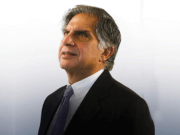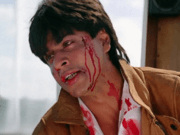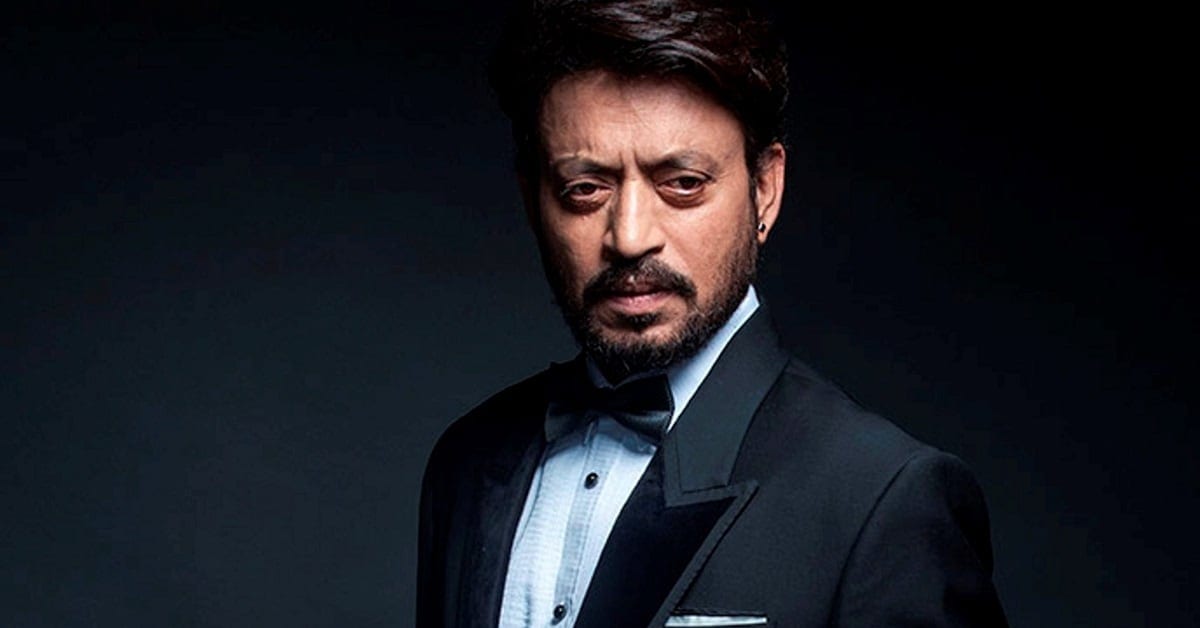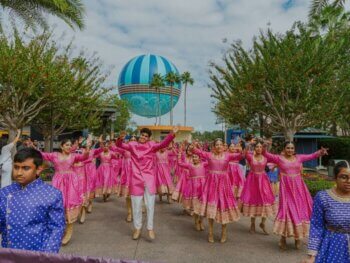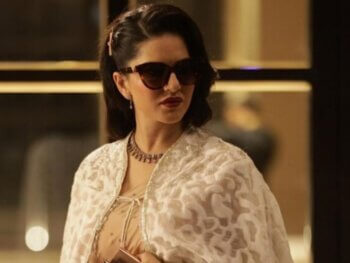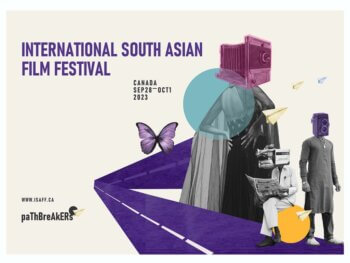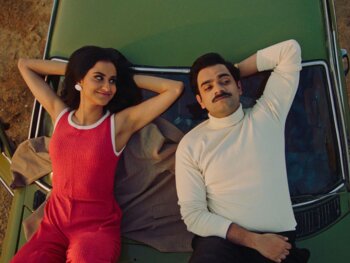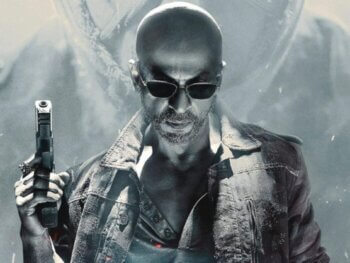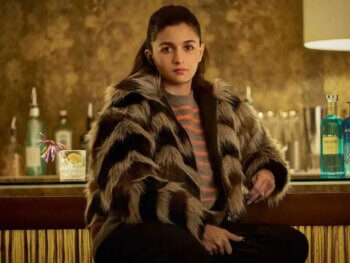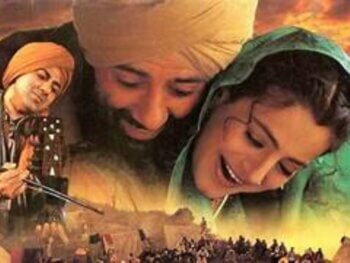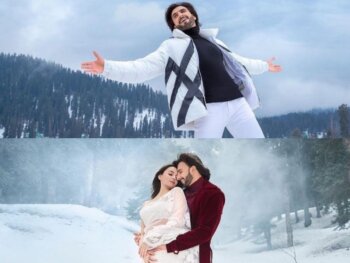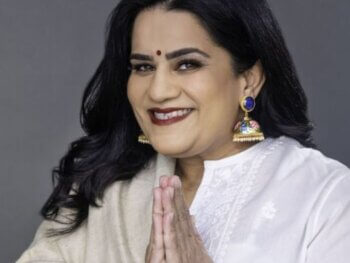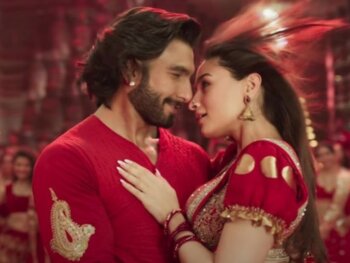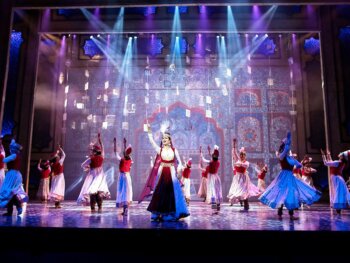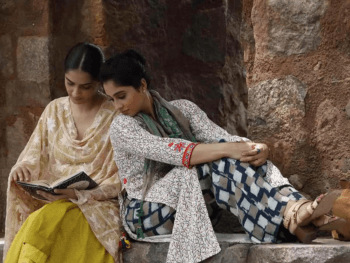As we grapple with the reality of losing iconic actor Irrfan Khan we take solace in the fact that he has given us so much to remember him by. With his incredible repertoire of roles that have since been etched in the soul of global cinema, we honour his contribution to film in the best way we can — by looking at his films. So here we are, remembering Irrfan Khan.
On April 29, 2020, the world lost another gem in 2020 — international film star Irrfan Khan breathed his last in a Mumbai hospital. He is survived by his wife Sutapa Sikdar and their sons, Babil and Ayaan. Khan who was battling cancer since 2018 lost his life to a colon infection. Known for countless films including Oscar-winning film, Slumdog Millionaire (2008), Life of Pi (2012) and Jurassic World (2015), Khan’s versatility as an actor who has redefined the “hero” concept has shaped film industries both in India and worldwide.
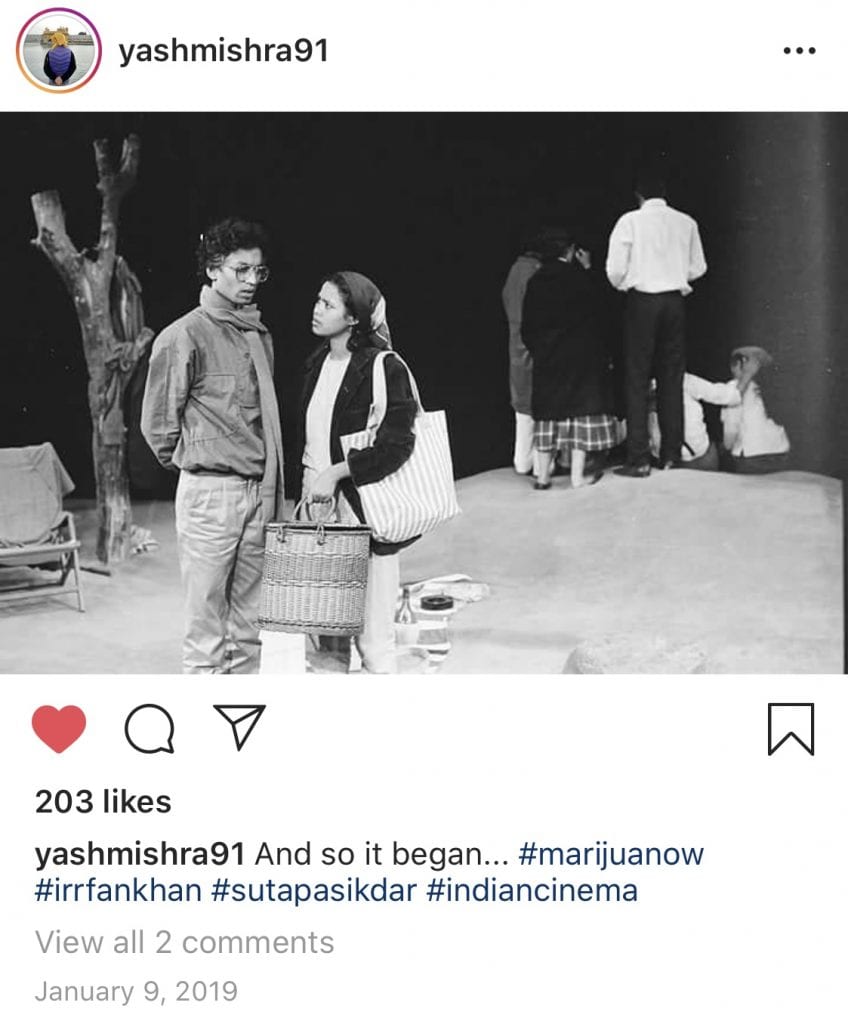
Born in Rajasthan to a Muslim Pathan parents, Sahabzade Irrfan Ali Khan belonged to a family that owned a tire business. Irrfan Khan began his acting education in 1984 at the acclaimed National School of Drama (NSD) via an acting scholarship. The school boasts globally renowned alums including Shah Rukh Khan, Anupam Kher, Naseeruddin Shah, Nawaazudin Siddiqui and Manoj Bajpai. According to News18, it is here where he met his wife Sutapa Sikdar. Unlike other celebrities, Khan has always been much more grounded and rooted in his family life. In one of his final interviews on March 3rd, with the Mumbai Mirror, he recalled that since his diagnosis in 2018, Sutapa (whom he married in 1995) and his two young-adult sons Babil and Ayaan have been by his side. “It’s been a roller coaster ride, a memorable one. Happy moments were underlined because of the inherent uncertainty. We cried a little and laughed a lot. We became a huge body,” Khan recalled. “What to say about Sutapa? She is there 24/7. She has evolved in caregiving and if I get to live, I want to live for her. She is the reason for me to keep at it still.”
There is no amount of respect one can have for an actor who always kept life in perspective and valued family above all. Even in times of tragedy, Khan kept his life in perspective.
From Theatre Stage To The Small Screen
His career began in 1987 while still at the National School of Drama in television. He played Abd al-Qadir Bada’uni in Shyam Benegal’s Bharat Ek Khoj (1988), as Lenin in Lal Ghat Par Neele Ghode (1988), as “Senapati” Bhadrashal in Chandra Prakash Dwivedi’s Chanakya (1992) and in Sanjay Khan’s The Great Maratha (1994).
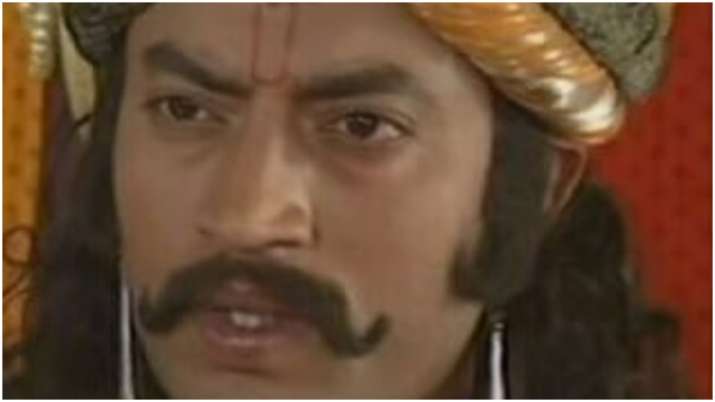
Khan who was skilled in Method acting, wasn’t a big fan of the term Bollywood. “I don’t think it’s fair to have that name,” Khan told The Guardian in 2013. “Because that industry has its own technique, its own way of making films that has nothing to do with aping Hollywood. It originates in Parsi theatre.”
His Transition To Cinema
In 1988, he celebrated his first film on an international platform in Mira Nair’s Salaam Bombay!. Although he had a minor role as a “young letter writer”, he left his mark on the screen. It wasn’t until the British film, The Warrior (2001), directed by Asif Kapadia, when he truly started getting traction. Filmed in his home state of Rajasthan, it won the Alexander Korda Award for Best British Film in the BAFTA awards and it is rumoured to be the reason why Khan never gave up on his love for acting and cinema. This film established him on the international platform.
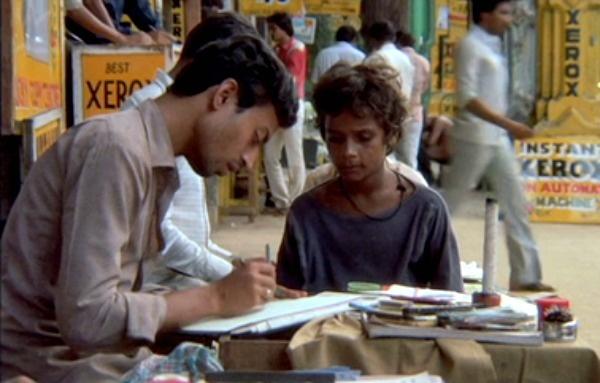
Two years later, he received recognition for playing Maqbool, the film adaptation of Macbeth where he also worked alongside NSD-alum Pankaj Kumar, forever changed the way in which he was seen, making his mark in Parallel cinema (a cinematic movement founded in West Bengal in the 1950s as an alternative to mainstream cinema) as well as art cinema. Directed by Vishal Bhardwaj, his performance, as well as the film, were both critically acclaimed.
In 2006, Khan celebrated two cinematic reunions. First, with Mira Nair in the soul-stirring father-son (play by Kal Penn) drama The Namesake where he was also reunited with his Maqbool co-star, Tabu. The Namesake saw him collect one of his earliest Filmfare Awards, this time for Best Supporting Actor.
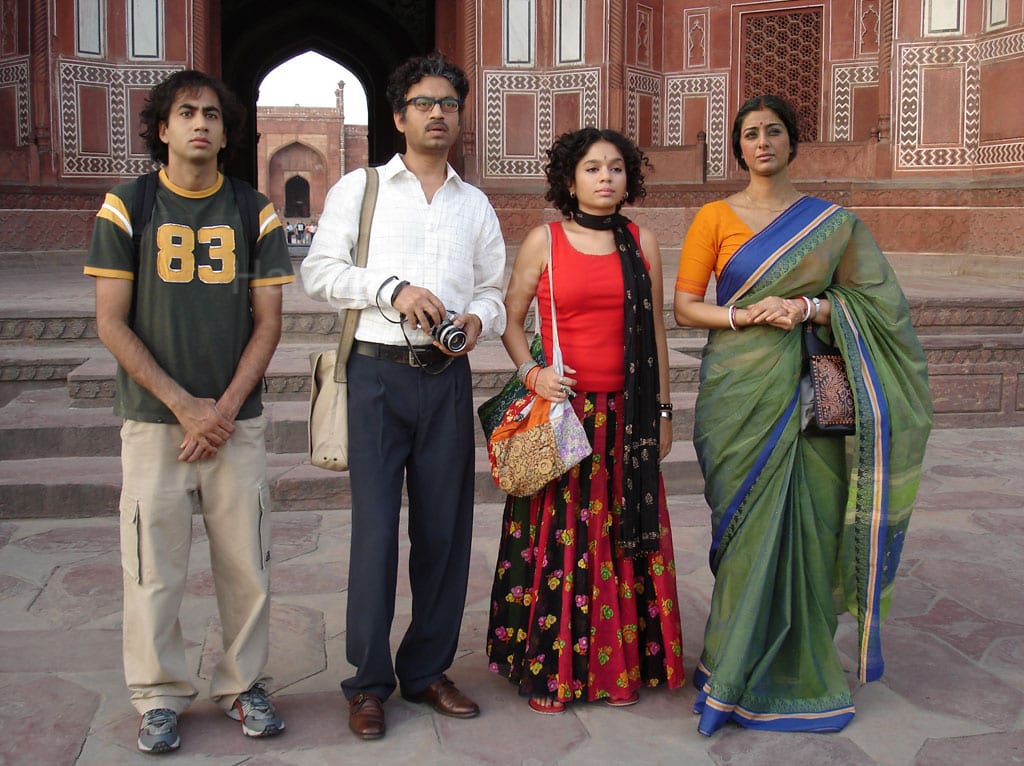
The following year 2007, he starred as Monty in his film Life … In A Metro, which earned him an IIFA Award for Best Supporting Actor in 2007.
He received The National Award for Best Actor in Paan Singh Tomar (2011) directed by Tigmanshu Dhulia. A true story of a champion athlete who became one of India’s most dreaded dacoits. The film itself also received and award for Best Film.
And then came The Lunchbox.
Directed by Ritesh Bhatra, Khan played a meek office worker who receives the wrong tiffin lunchbox, which has a note intended for the husband of Nirmat Kaur (who has starred in Homeland). The mix-up is the genesis of a heart-churning correspondence between the two. It premiered at the 2013 Toronto International Film Festival and continued to capture hearts all over the world. Fans were so in love with this film that social media was flooded with disappointment at the news that it didn’t make it to the Oscars. Even today, as Khan is being remembered, The Lunchbox has been cited by fans as one of the key films to watch again in his memory.
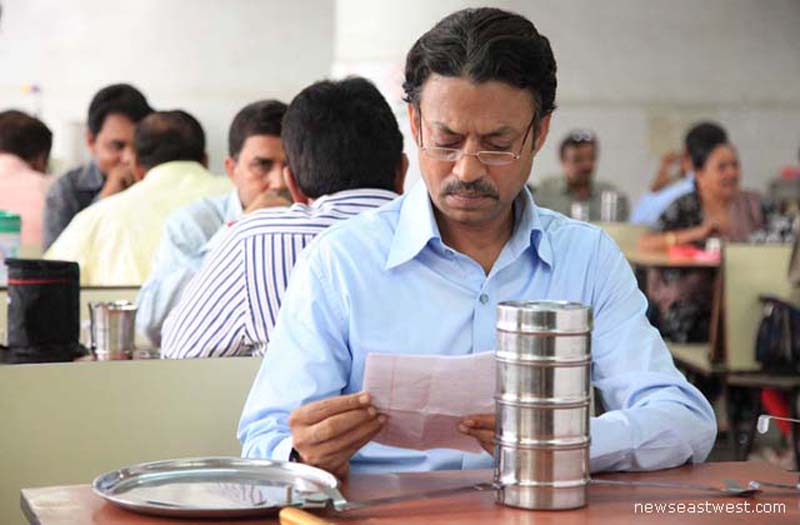
In the multi-award winning comedy Piku (2015) Khan plays a cab-driver who gets haplessly stuck in the middle of the tug-of-war drama between a dysfunctional father (Amitabh Bachchan) and his daughter (Deepika Padukone) while he drives them to Calcutta. Piku gave Khan a chance to show off his comedic side much to the delight of his fans in India and beyond.
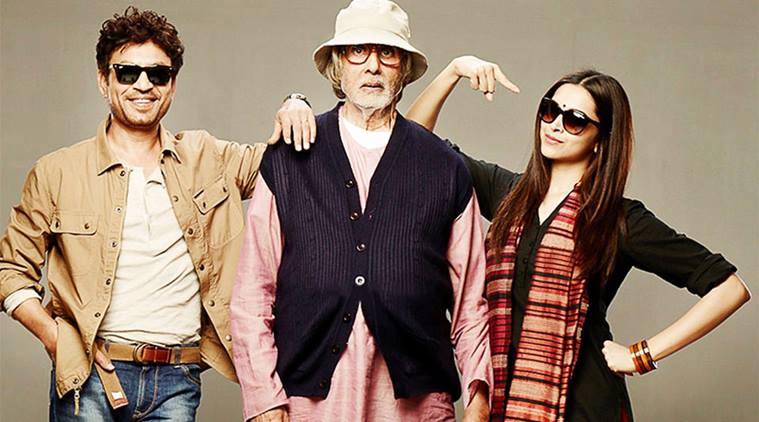
Add to that are a slew of critically-acclaimed films including Haider (2014), Talvar (2015), and Hindi Medium (2017), which was his highest-grossing film of all time.
His crossover success was unrivalled with international films including The Darjeeling Limited (2007), the Academy Award-winning film Slumdog Millionaire (2008), New York, I Love You (2009), The Amazing Spider-Man (2012), Life of Pi (2012), Jurassic World (2015) and Inferno (2016). His final film, which he returned to India to complete (after his apparent recovery fro his cancer diagnosis) was Angrezi Medium (2020).
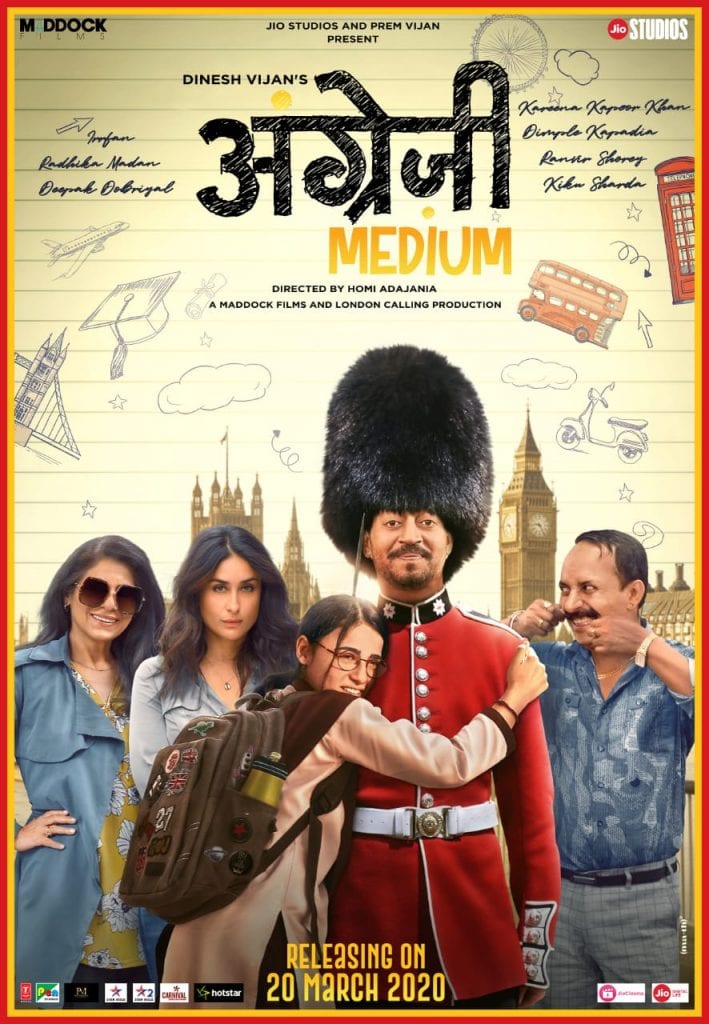
The World Mourns
His untimely death was mourned by celebrities, his fellow film colleagues, politicians, and anyone who loved his acting in addition to his relatable and humble demeanour that made him different from many other star.
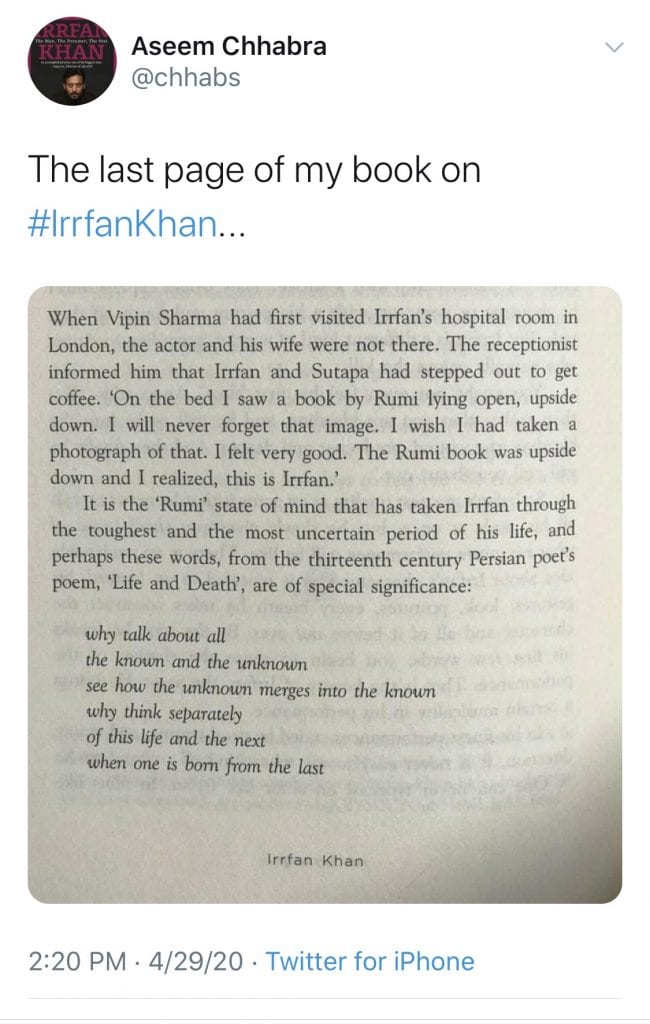
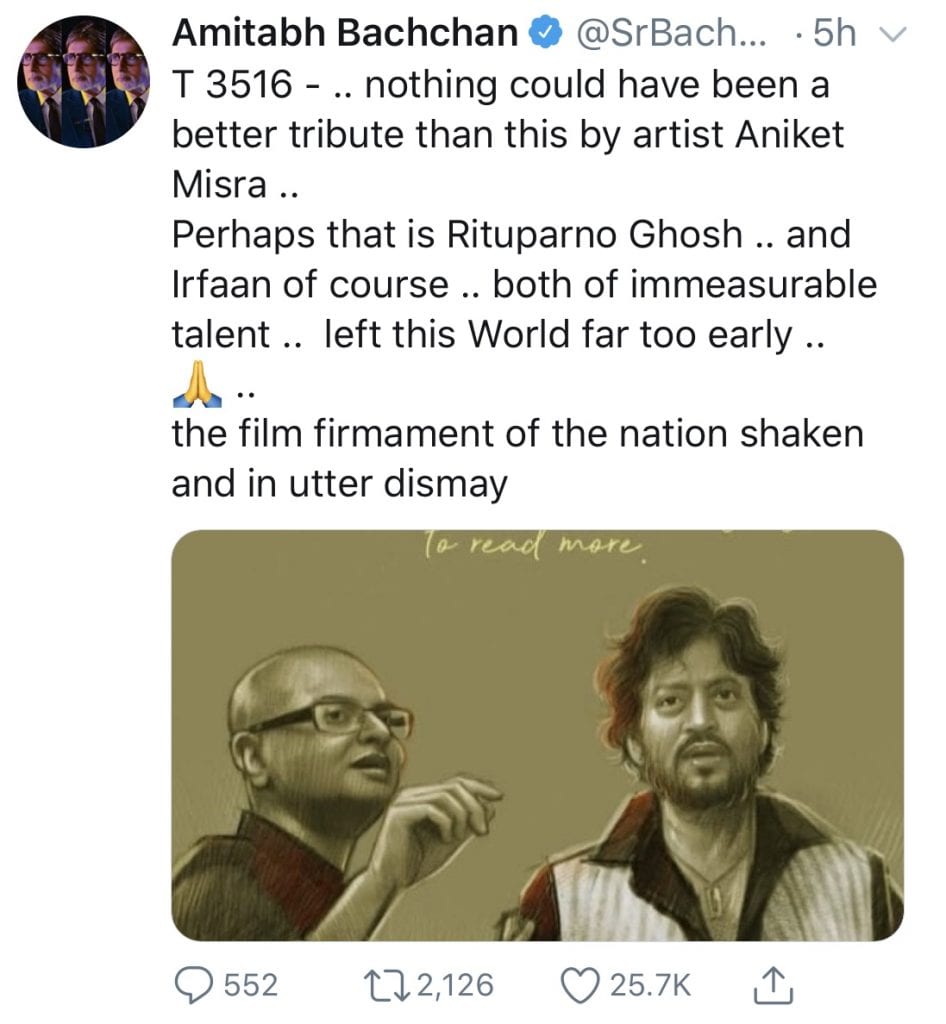
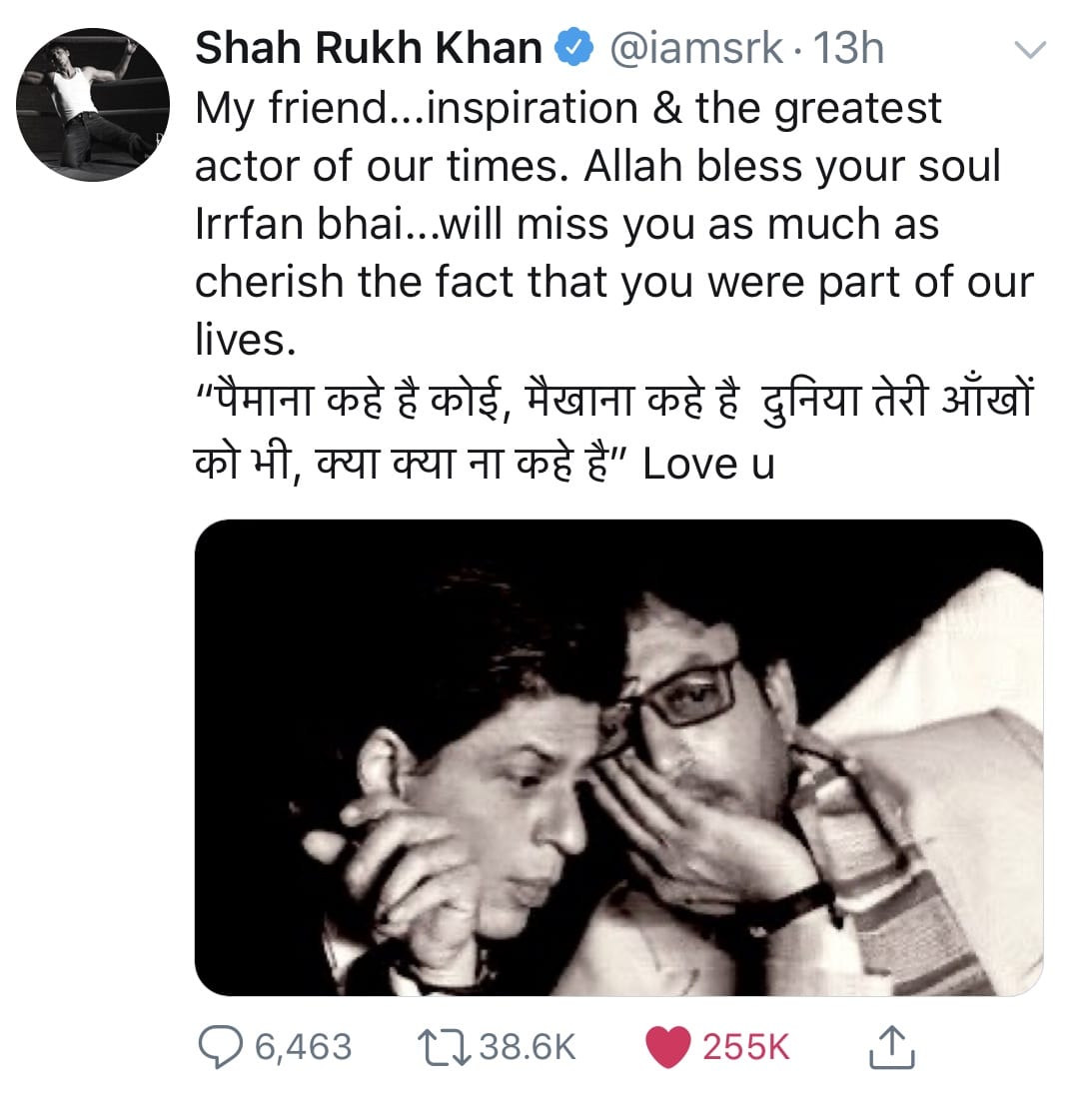
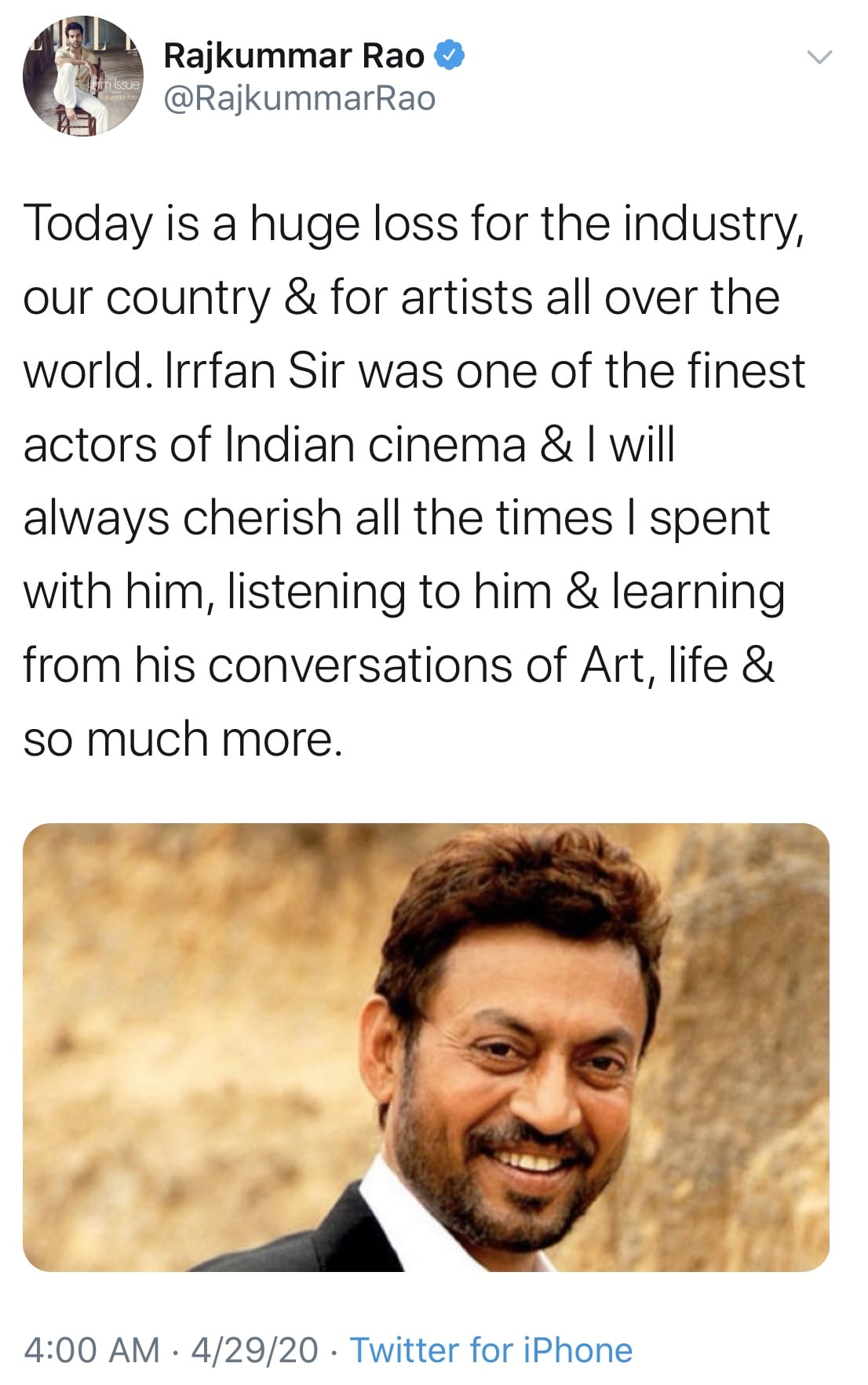
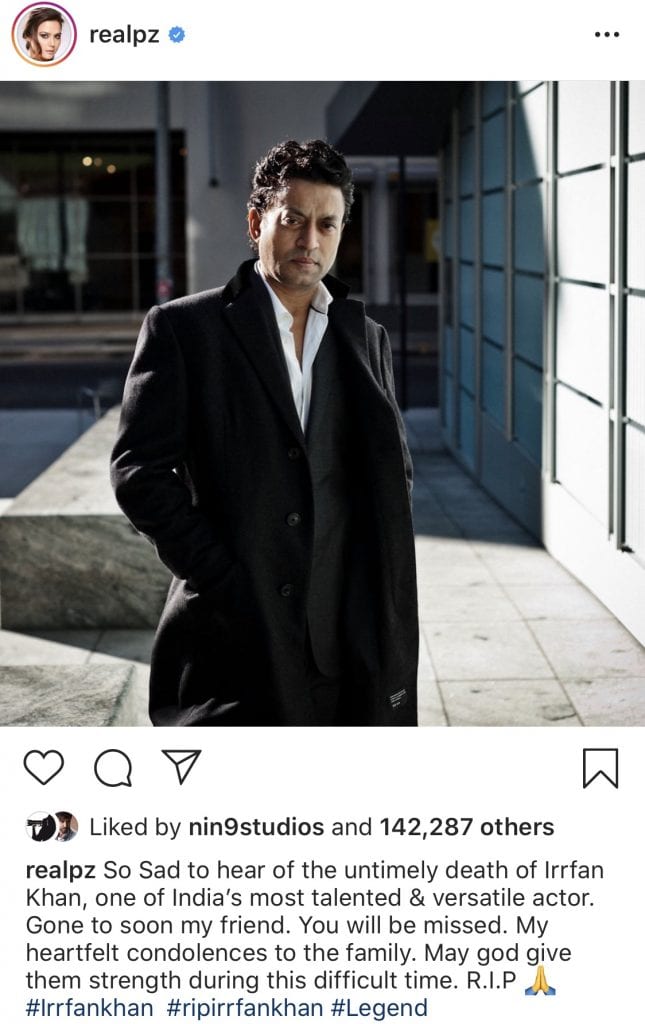
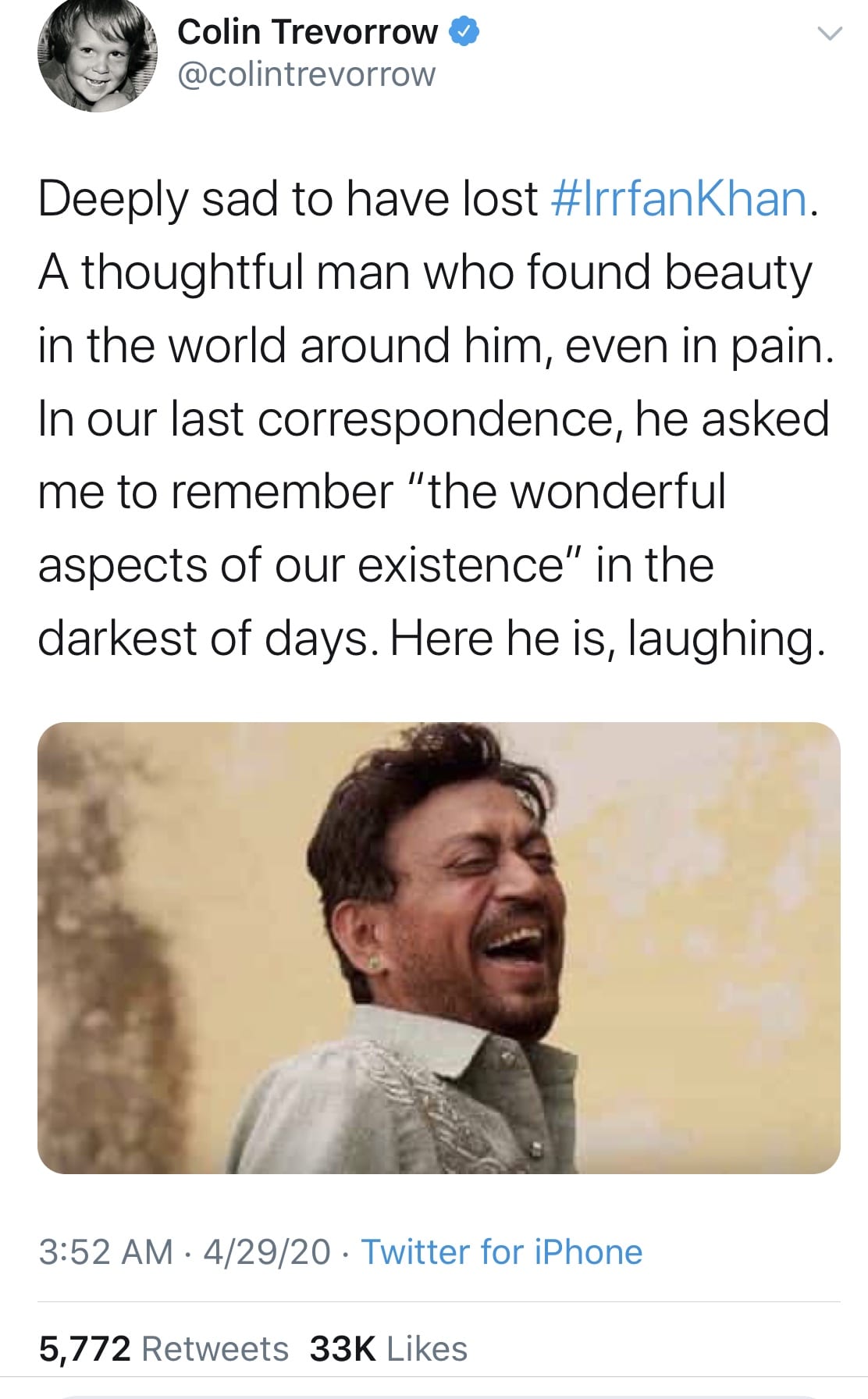
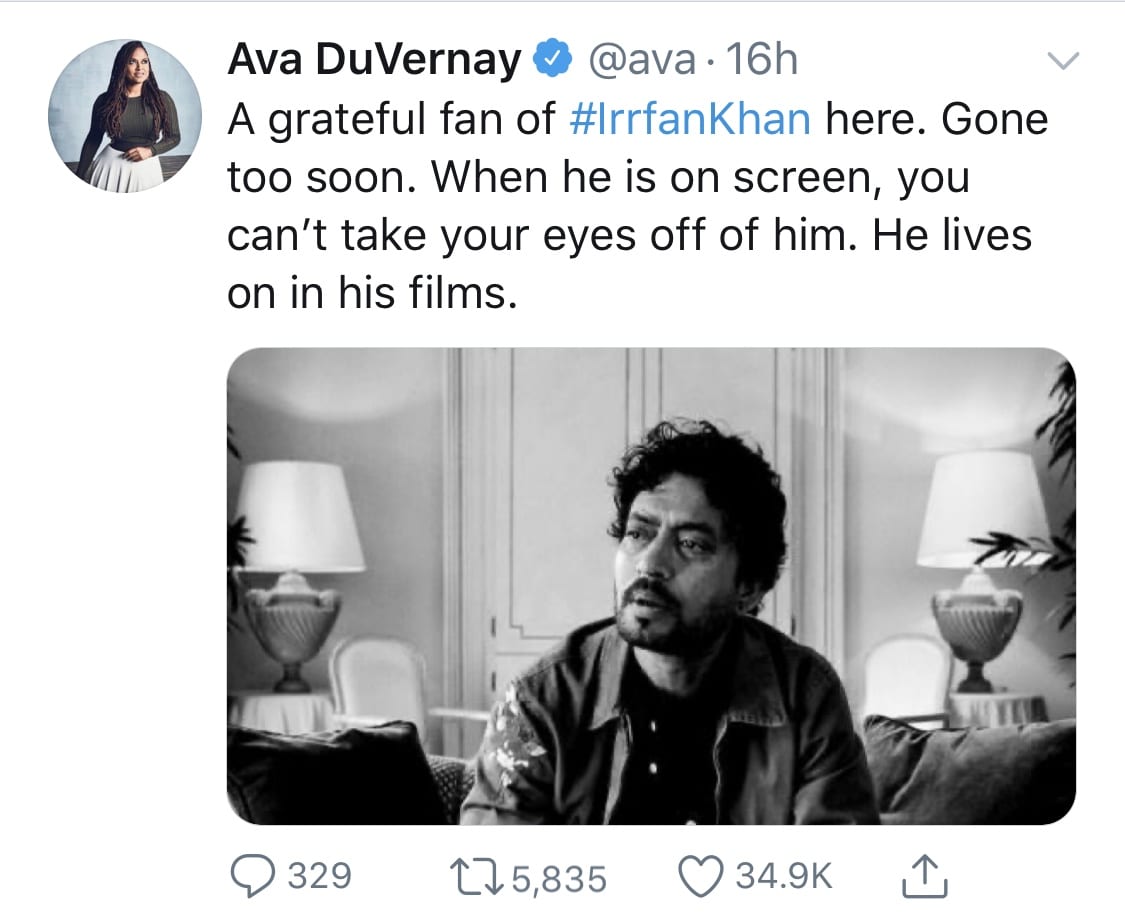
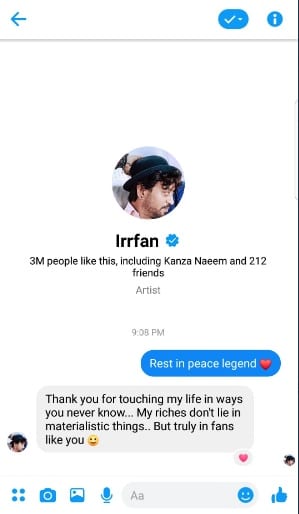
And finally this incredible Tom Hanks moment.
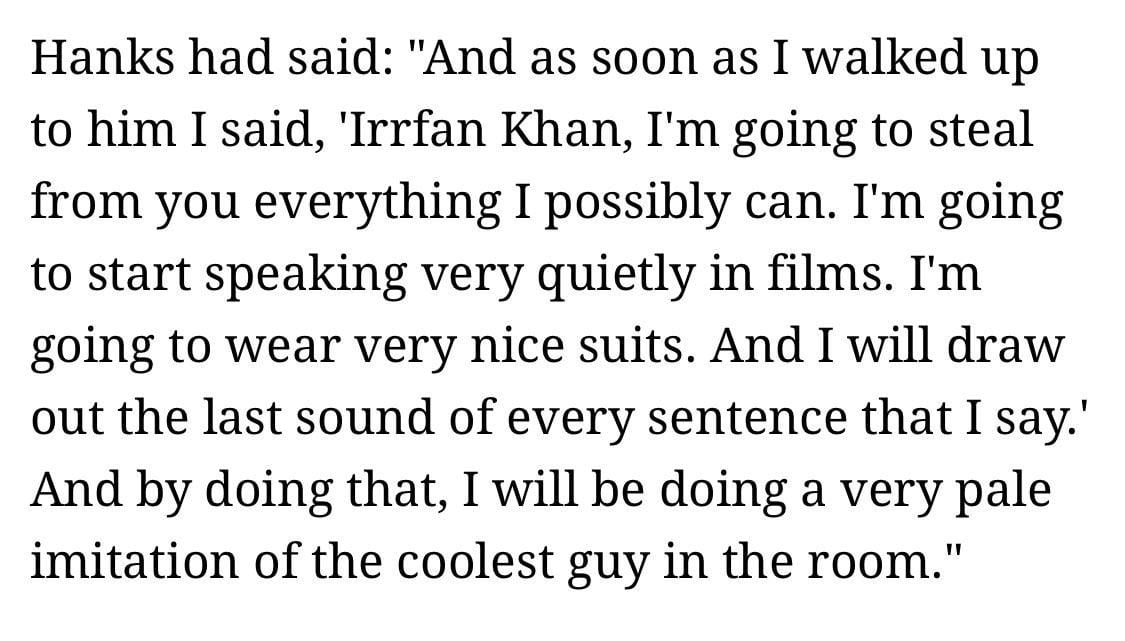
Nonetheless, Irrfan Khan will be remembered not just as a magnum opus larger than life international Indian film star, but also remembered as a humble and kind human being who wanted to make films. As Ava DuVernay tweeted, “He lives on his films.”
Main Image Photo Credit: www.thenews.com.pk
Nidhi Shrivastava
Author
Nidhi Shrivastava (@shnidhi) is a Ph.D. candidate in the English department at Western University and works as an adjunct professor in at Sacred Heart University. She holds double masters in South Asian Studies and Women's Studies. Her research focuses on Hindi film cinema, censorship, the figure o...

























